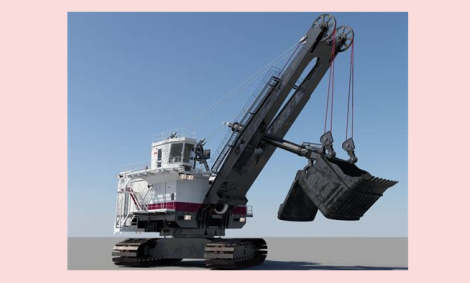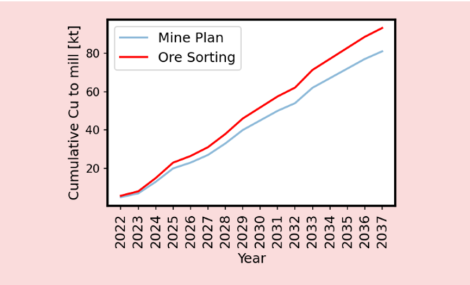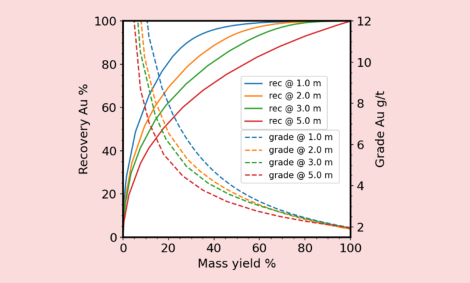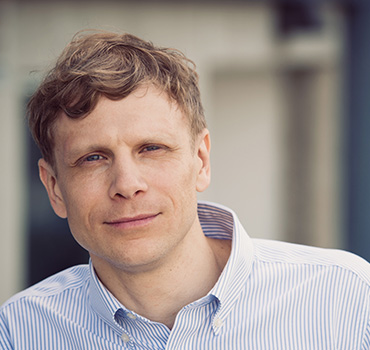ORE SORTING SOLUTIONS FOR MINING



We help mining companies assess the value of sensor-based ore sorting in their operations.
We consider four pillars of ore sortability, or ore sorting amenability, to help you make a confident, data-driven decision about using ore sorting technology in your operation:
- Presence of ore grade heterogeneity,
- Availability of ore-specific sensors,
- Suitability of sensing system configurations
- Positive economic outlook.
INSIGHTS
Our services are based on the four pillars of ore sortability to support the evaluation and implementation of sensor-based sorting systems, including:
Project screening. High-level assessment of available project data to identify and rank the potential to apply ore sorting of one or more projects based on ore grade heterogeneity and ore sorter mass balance simulation. Bench-marking against similar deposit types.
Mine plan ore sorting simulation. Predicted impact of ore sorting technology on mine plan (monthly or annual basis) in terms of mass pull, metal recovery, and grade.
Ore sorting roadmap. Predicted impact of ore sorting technology on mine plan (monthly or annual basis) in terms of mass pull, metal recovery, and grade.
Test work programs. Co-ordination of test-work by third-party vendors and metallurgical labs. Incorporation of test results into the block model using OreSlicer5D.
Evaluation of sensor-based sorting installations. QA/QC of sensor data and directing sampling campaigns.
Sensor evaluation. Assessment of the expected response of single or multi-elemental sensors to your ore. We use your assay data with machine learning to predict the ability of multi-elemental sensors to classify your ore.
MEET OUR TEAM
Ryan MacIver has worked as a consultant in the mining and chemical industries for almost 10 years. His expertise is in the analysis of spatial datasets, machine learning, and software development. He holds a bachelor’s degree in chemistry and a PhD in mining engineering.
Bern Klein is a Professor of Mineral Process Engineering at the UBC Norman B. Keevil Institute of Mining Engineering. His PhD on the subject of “Dense Media Separation” lead to his research into pre-concentration and sensor based sorting with studies at INCOs Ni-Cu operations in Sudbury back in 1999. Since then has published more than 20 papers on the subject including the chapter on “Ore Sorting” which is presently being published in the SME’s Mineral Processing and Extractive Metallurgy Handbook. He is also co-founder of MineSense Technologies which is a technology company advancing sensor based systems for the mining industry. His research at UBC is focussed on advancing Sensor Based Sorting with a focus on developing approaches to assess the benefits of sensor based sorting for mining operations and prosects. He works with closely with industry to support studies aimed at assessing the potential for SBS for their operations and projects.
P.Eng., PhD (Mining) , MASc. (Mining), B. Eng. (Mech)
Stefan has worked for over 15 years in the mining industry on numerous sensor-based sorting, comminution, mechanical design and energy efficiency projects. Stefan has a PhD and a master’s degree from the University of British Columbia in the field of mining engineering. Working closely with a block cave mine, his PhD research focused on developing integrated mine and mill approaches for block caving operations. He has contributed to over 25 publications in the fields of mining and mineral processing. Stefan is an adjunct professor at the UBC Norman B. Keevil Institute of Mining Engineering.
GET IN TOUCH
+1 604 307 7940
Vancouver, British Columbia
info@oreportal.com



